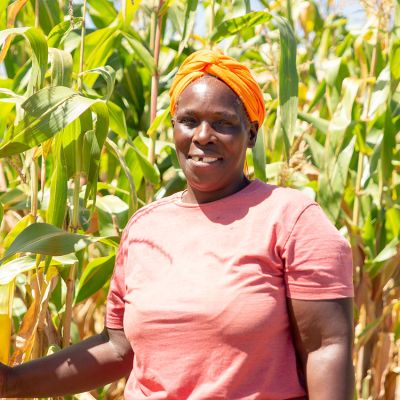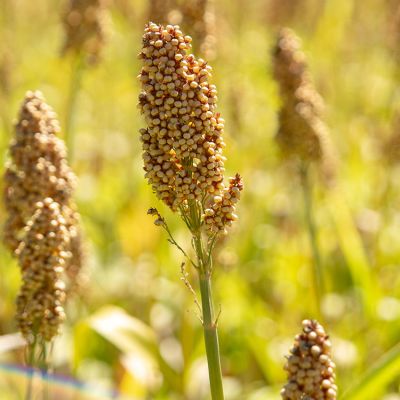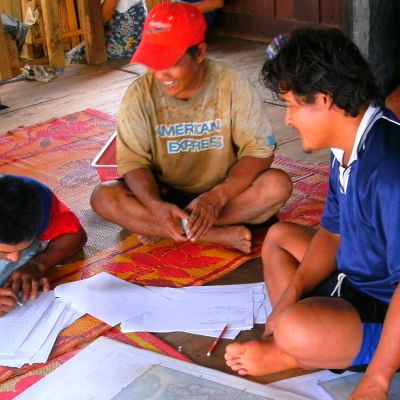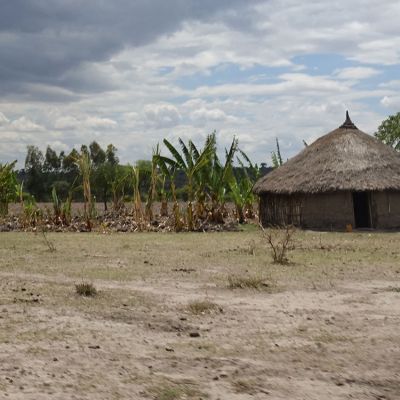Written by Ness Ma (Communications Officer)
Many tribes live at the country’s border in Northern Thailand, mostly farmers. Because of poverty, many of them have never received a good education or learned any effective farming method. They live in mountain basins and receive no services or support from the government. In addition to the worsening extreme weather events because of climate change, river floods in rainy seasons cause soil erosion, and droughts lead to a lack of water sources. Both circumstances affect the harvest. To continue farming, farmers have to purchase more chemical fertilisers, increasing their financial burden and damaging the lands.
CEDAR Fund has been supporting Upland Holistic Development Foundation (previously Upland Holistic Development Project) since 2013 and has supported their community development work in the river basin at Maenawang of Chiangmai in Northern Thailand. Our partner taught villagers from 10 communities to protect soil and water resources. On the one hand, it was to protect the environment; on the other hand, it improved the farming conditions to increase harvest and improve their life. Our partner has also built water tanks for villagers to tackle water shortage problems and hygiene issues. Villagers learned to turn the spaces next to their houses into vegetable farms. Besides, our partner teaches villagers about watershed management to solve soil erosion and droughts issues. By observing the topography on maps, they build sand dams in rivers to stabilise the river bed and reduce the aftermath of flooding or droughts.
This scheme has helped many residents, with Jaha Jatu of Lahu being one of them. Jaha’s father died early, making him quit school when he was young to help his mother farm for a living. In the past, he only planted one type of crop. After several cycles, the same nutrients were absorbed, speeding up the consumption of nutrients in the soil. Moreover, he did not know about soil protection that soil erosion quickly occured in rainy seasons. When our partner started working in Jaha’s community, he was very interested in soil protection. He learned and adopted agroforestry that increased his harvest, diversified his produce, and improved soil quality. His farmlands are now a model in his community. He will use fewer chemical fertilisers and plant more species of crops to increase his income and improve his family’s life.
At the frontline, we have witnessed environmental, and life challenges villagers like Jaha face. Yet they do not give up any learning opportunities. We hope you keep walking with us and care for the forgotten neighbours in poverty.
Click here to join the ‘Care for the Disaster-stricken Poor’ Donation Campaign
ARTICLES OF THIS ISSUE
Written by Lai Ka Chun (Senior Programme Officer) ‘Around three years ago, my fields looked just like this,’ said Jam…
Written by Ness Ma (Communications Officer) Caring for the created world is a significant and complex issue. We may ha…
Written by Ness Ma (Communications Officer) Many tribes live at the country’s border in Northern Thailand, mostly farm…
Written by Wendy Fung (Church pastor) 5Listen, my dear brothers and sisters: Has not God chosen those who are poor in …






